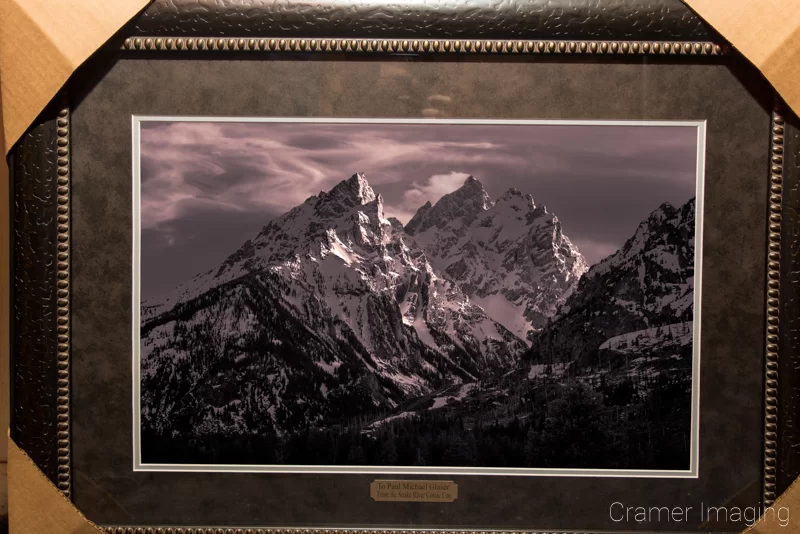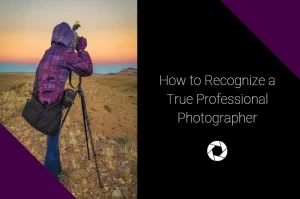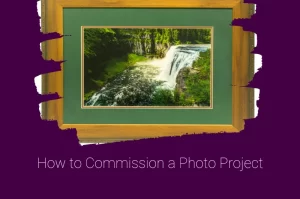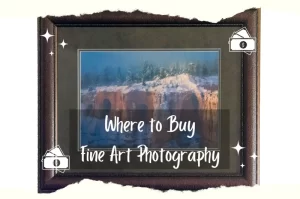Use licenses are a hot topic in all creative fields. You’ll find them in art, music, photography, creative writing, videography, graphic design, and more. However, many people don’t seem to know what a use license is and often confuse what permissions are granted with the license they received. So, let’s talk about use licenses and clear up some of that confusion.
Before we dive into the different types of use licenses, let’s start with a simple definition.
What is a Use License?
A use license is very simple. I create something like a photo, a song, a logo, a poem, or plenty of other options. By the law, I own the copyright. This means that I own the creative “work,” as the law calls it. I can do whatever I want to with it. This includes letting you do something with it in the form of a use license. Because I own the work, I set the terms of the use license. Legally, you are not allowed to step outside of the terms of the license until my copyright ownership expires. Check out this article to learn more about how to avoid copyright infringement.
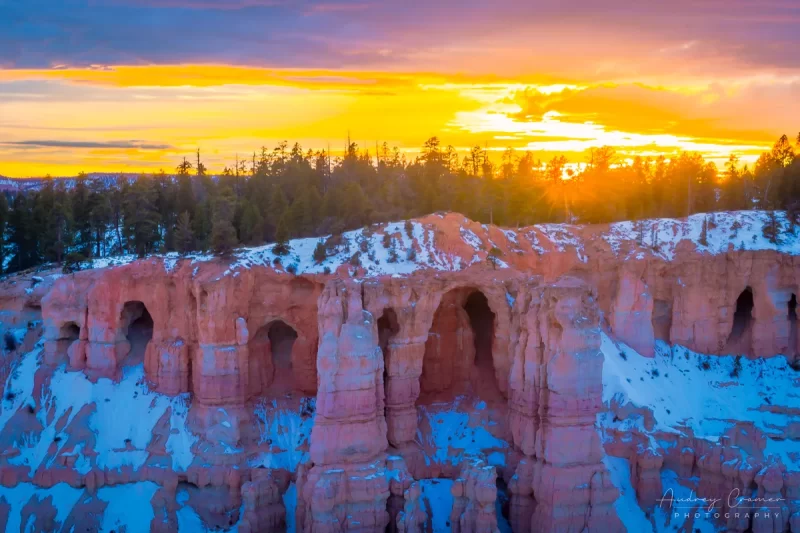
One point to consider is the original photographer/writer/artist still owns the copyright over the “work” itself. You never received copyright ownership when you received a use license. You cannot reproduce the “work,” distribute it, alter it, sell it, license it, publish it, make derivative works from it, or many other actions WITHOUT the copyright owner’s prior permission. Get that permission in writing if you can.

Along those lines, most people set use license terms down on paper in the form of a contract. That way, there’s no question about what all parties agreed to in the first place.
Now, you’ll find 2 different kinds of use licenses: commercial and private licenses. Let’s further define both of those concepts.
Private Use Licenses
Creators issue private use licenses for private citizens. The idea is that these private citizens will not attempt to make money using the “work” licensed. You obtain a private use license to a “work” for your own private enjoyment and use. You probably won’t receive a private use license if you represent a company or other commercial enterprise. That’s what commercial use licenses are for. In fact, most private use licenses expressly forbid commercial usage of the “work(s)” in question.

One of the most common private use licenses is a print release. If you had your portrait taken and received digital copies, then you probably also received a print license from the photographer. This enables you to take the photos to the print shop or kiosk of your choice and make prints. It’s written permission from the photographer allowing this to happen.
Another common private use license is actually buying a physical print. You physically own the print. However, you do not own the original film or digital image the photographer took. You are not allowed to scan and reproduce it however many times you want. Also, you’re not allowed to use the print to make money unless you’re selling the print you own. Selling your physical print is an example a transferable use license, by the way. Your license transfers from you to the print’s new owner upon completion of the sale. This example works for books, knick-knacks, and all sorts of other artistic works.
Commercial Use Licenses
Creators issue commercial use licenses to all sorts of legal entities. You find private individuals, small businesses, agents, large businesses, government entities, and more seeking commercial use licenses. They seek these licenses for the express purpose of using the “work(s)” to make money. This specifically includes use in advertising.

Sadly, many business owners and managers alike often mistake a commercial use license as blanket permission to do what they want with a “work.” Others often mistake commissioning a photo and owning a photo “work” as the same thing (for more on that topic, check out this article). Neither of these misconceptions are true. These owners and managers must obtain permission from the creator for every use they seek. Some creators are happy to and will grant blanket permissions or permission bundles. However, other creators prefer to grant permissions a la carte. You can find out which kind of creator you are working with by asking.
You may find permission restrictions and time limits added into your commercial use license. Creators may limit your use to a specific channel or set of channels, region of the world, window of time, or more. Make sure to consult your contract BEFORE you start using the “work(s)” you licensed. The consequences for using a “work” outside of your contracted license can be problematic, including a lawsuit. Copyright infringement lawsuits can be expensive.
Commercial use licenses often work like this: I, as a photographer, may take photos for your website. In this case, I grant you permission to use the photos you commission for your website. This does not give you permission to use such photos on social media. Again, you cannot use them for billboards, trucks, TV commercials, newspaper ads, or many other channels without my prior permission. Most creators, myself included, are happy to arrange/negotiate additional use permissions as needed.
Which Type of Use License Do You Need?
Most people will only require private use licenses. This is because most people don’t need to make money with an artistic “work.” However, if you’re reading this, you probably aren’t “most people.” There’s a good chance you require a commercial use license. So, you need to consider how you want to use the “work(s)” you’re seeking permission for. If you want to make money with it/them, it’s very simple. You require a commercial use license. If not, then you might only require a private use license. Talk it over with the creator as he or she might define things differently.
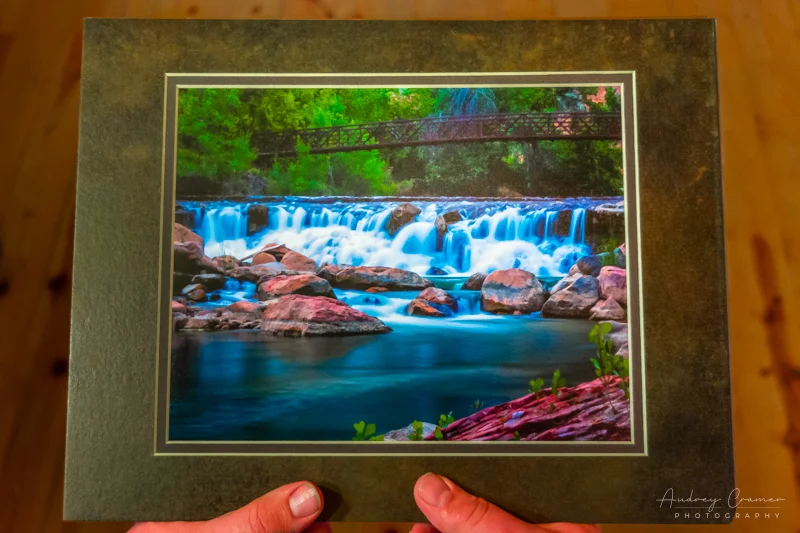
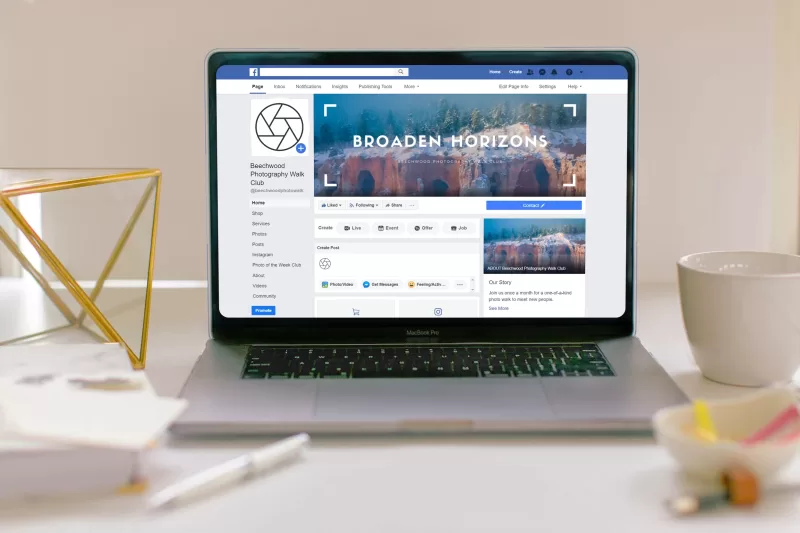
Conclusion
In conclusion, the difference between a private use license and a commercial use license is your intention. Do you intend to make money with the “work” or not? If not, then you probably need a private license. If so, then you probably need a commercial license. That’s the difference.
Hopefully, this information will make it easier for you to obtain the license you need. If you have any further questions, please speak to an intellectual property lawyer about them. Good luck with your purchase/negotiation.

